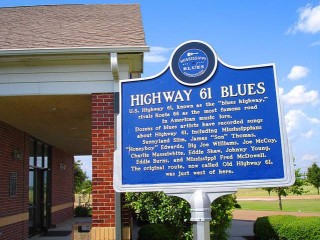Historically, elected officials have tended to view neighboring communities, the county government, and even the managers of adjacent national parks or other public lands as adversaries rather than allies. Some community leaders see economic development as a “zero-sum” game: if you win, I lose.
Successful communities know that today’s world requires cooperation for mutual benefit. They know that the real competition today is between regions. They also understand that very few small towns have the resources, by themselves, to attract tourists or to compete with larger communities.
Regional cooperation does not mean giving up your autonomy. It simply recognizes that problems like air pollution, water pollution, traffic congestion and loss of green space do not respect jurisdictional boundaries. Regional problems require regional solutions.
There are numerous examples of communities working together for mutual benefit. In the Denver region, 41 communities cooperated to support funding for a regional transit system (i.e. FasTracks). Cleveland area communities cooperated to build a Metro parks system. Metro Minneapolis and St. Paul collaborate on tax base sharing.
Even small rural communities can cooperate for mutual benefit. Small towns in Mississippi have worked together to organize and promote U.S. Route 61 as “the Blues Highway.”
Dutch Blues Lovers & Highway 61 Blues Museum Murals:
Similarly, five rural counties on Maryland’s Eastern Shore collaborated with the Eastern Shore Land Conservancy to create a regional agreement to preserve farmland and open space.
Download all seven parts of The Secrets of Successful Communities in a single pdf file (note: the pdf does not include the several embedded videos)
Editor’s Note: Ed McMahon is one of the country’s most incisive analysts of planning and land use issues and trends. He holds the Charles Fraser Chair on Sustainable Development and is a Senior Resident Fellow at the Urban Land Institute in Washington, DC. McMahon is a frequent speaker at conferences on planning and land development. Over the past 21 years, we’ve been pleased to have published more than two dozen articles by McMahon in the Planning Commissioners Journal, and now on PlannersWeb.com.
